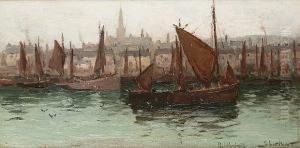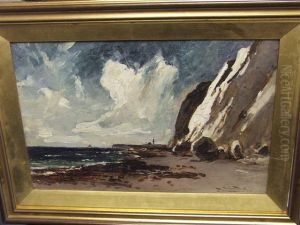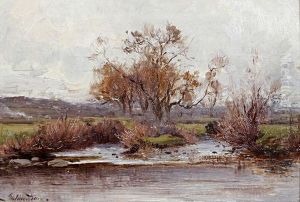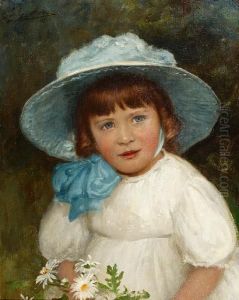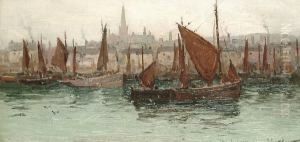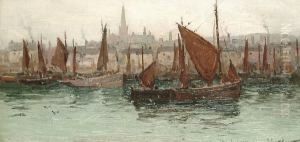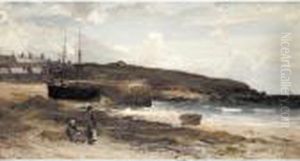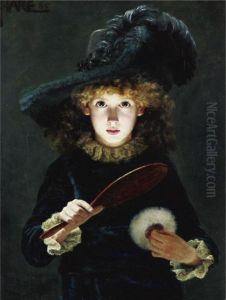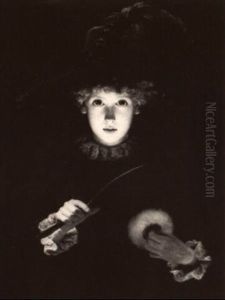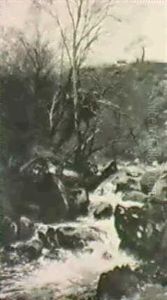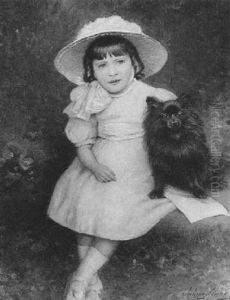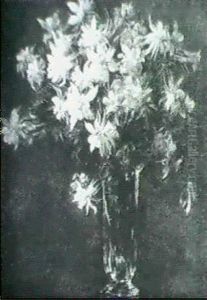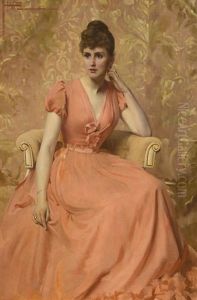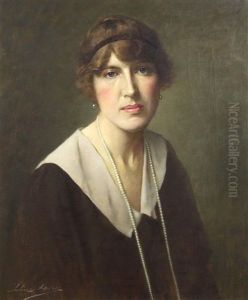Julius Hare Paintings
Julius Charles Hare was an English theological writer and critic, born on September 13, 1795, at Valdagno, near Vicenza, in Italy. He was part of a distinguished family, with his brother Augustus William Hare also being a noted clergyman and writer. Julius Hare was educated at Charterhouse and Trinity College, Cambridge, where he distinguished himself in classical studies. After graduating, he became a fellow of Trinity College in 1818, embarking on an academic career that saw him involved in various intellectual and theological discussions of his time.
In 1832, Hare was appointed to the Rectory of Herstmonceux in Sussex, which marked a significant turn in his career from academia to a more pastoral and community-focused role. Despite this shift, Hare remained deeply engaged in scholarly work, particularly in the field of theology. He was known for his liberal views and was part of the Broad Church movement, which sought to apply a more critical and historical approach to the study of the Bible and Christian doctrine, as opposed to the traditional interpretations of the time.
Julius Hare was a prolific writer, and his works include 'Guesses at Truth,' co-authored with his brother Augustus, and 'The Mission of the Comforter,' among others. His writings reflect his broad intellectual interests and his commitment to theological scholarship, social reform, and moral improvement. Hare was also influential in the education sector, advocating for reform and improvement in university education.
Despite his contributions to theology and literature, Hare's health began to deteriorate in the early 1850s, and he passed away on January 3, 1855. His legacy lives on through his writings and the impact he had on the theological and intellectual discussions of his time. Julius Hare was remembered as a man of profound learning, deep piety, and a fervent advocate for education and social reform.
